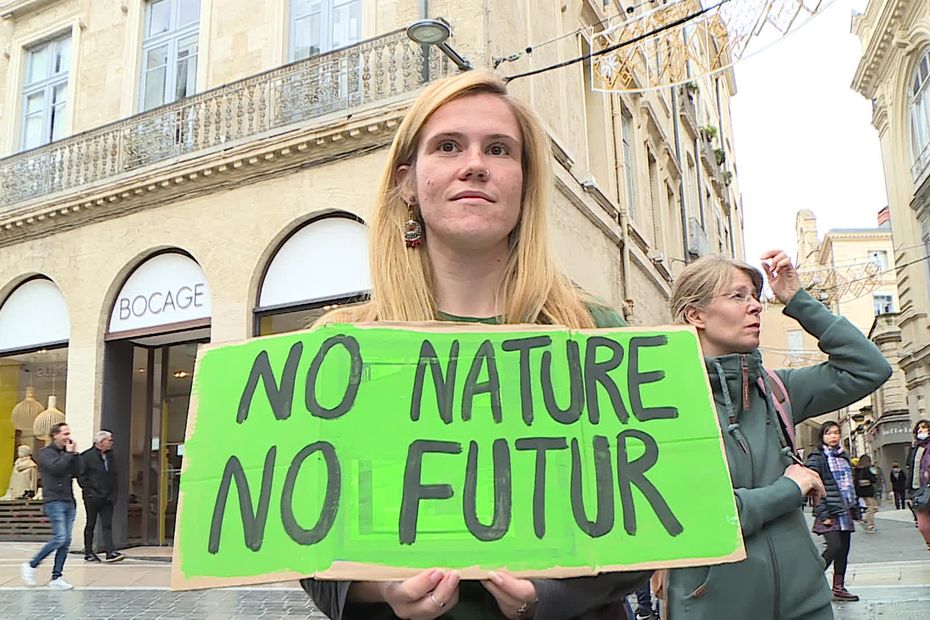The tiny cheetah cubs are only a few weeks old where they suck on baby bottles and paint low. They are still very weak after being rescued from the illegal animal trade in the Horn of Africa.
Barely half of the kids rescued from the smugglers survive. Also in this herd, it is unclear whether the youngest will survive – the kid who has been given the name “Green”, weighs only 700 grams.
– It was very uncertain with Green, says Laurie Marker, who founded the organization Cheetah Conservation Fund. They run a cheetah rescue center in Somalia’s capital, Hargeisa.
From 100,000 to 7,000
These cheetah cubs are among the lucky ones – it is estimated that around 300 are smuggled through Somaliland to wealthy buyers in the Middle East. They are abducted from their mothers, sent up through Africa and through war-torn Yemen – and end up in the oil-rich Gulf states. The kids who survive can go for up to 130,000 kroner on the black market.
Although this trade is not as well known as the ivory and rhino trade, it is devastating to Africa’s most endangered cats.
One hundred years ago, there were about 100,000 cheetahs in the world. Now there are barely 7,000 left, after extensive destruction of territory and the environment. Widespread abduction of cheetah cubs sold on the black market helps to intensify the decline.
Sought after since the Roman Empire
From 2009 to 2019, more than 3,600 live cheetahs were sold illegally, according to new research showing hundreds of advertisements on social media.
– DESIRED: Cheetahs have been highly valued as pets and hunting animals since Roman times, and it is very difficult to breed them in captivity. Thus, smuggling is the only option. Photo: Eduardo Soteras / AFP / NTB
–
– If this continues, it will lead to rapid extinction of the species, says Marker, who is among the world’s leading experts on cheetahs.
To stop trade, the focus is on changing attitudes in the rich Gulf states, where cheetahs are still considered a status symbol. The owners show the cheetahs on an equal footing with cars and cash.
Hard to stop
The fight against smuggling is particularly difficult because it takes place in Somaliland, a state without international recognition in one of the world’s poorest regions. The country has 850 kilometers of coastline towards Yemen and little opportunity to control the borders.
The country’s interior minister, Mohamed Kahin Ahmed, says that the small coast guard is doing his best, but must also deal with human trafficking and arms smuggling.
The cheetah cubs that are not rescued by the Coast Guard are subjected to cruel abuse on their way to their customers. They receive little food and are kept in small cages, sometimes with their legs tied tightly.

– HORROR FINDINGS: – When they dumped them out, the living cheetahs lay on top of the dead, Marker says about a seizure they made in 2019. Photo: Eduardo Soteras / AFP / NTB
–
Strikes harder on smuggling
CCF has gone from rescuing only a handful of cheetahs in 2017, to protecting 67 cheetahs in three shelters in Somalia’s capital, Hargeisa.
The Somaliland authorities have begun cracking down on smuggling in recent years. In October 2020, a large smuggling ring was broken and a profiled smuggler was convicted in a pioneering trial.
With financial support from the United Kingdom, Somaliland is expanding the sharing of intelligence with neighboring countries to combat smuggling.
But the authorities must also deal with the poor villages that contribute to trade. A large proportion of the cheetahs that are rescued were taken by farmers, who hoped to sell them and earn some of what they lost when the cheetahs killed their livestock.
Be sure to distribute camel meat
– If this continues, the next generation may never see a cheetah, Somaliland’s former foreign minister Edna Adan Ismail said at a conference in September.
Veterinarian Ahmed Yusuuf Ibrahim is adamant that this should not happen. The 27-year-old has worked on learning how to help the sick and weak cheetahs get back on their feet and has become very fond of them.
The young do not manage on their own and will eventually be deployed in a nature reserve outside Hargeisa. But at the moment, it is Ibrahim who is taking care of them. He even makes sure that the camel meat they receive is fairly distributed.

– LOVE: – I take care of them, feed them, wash them. They are my children, he says. Photo: Eduardo Soteras / AFP / NTB
–
–


